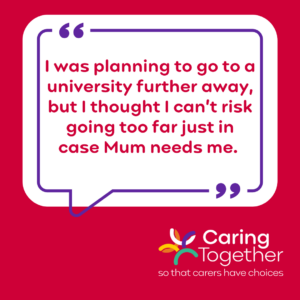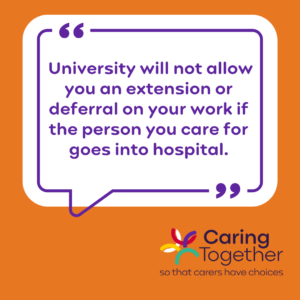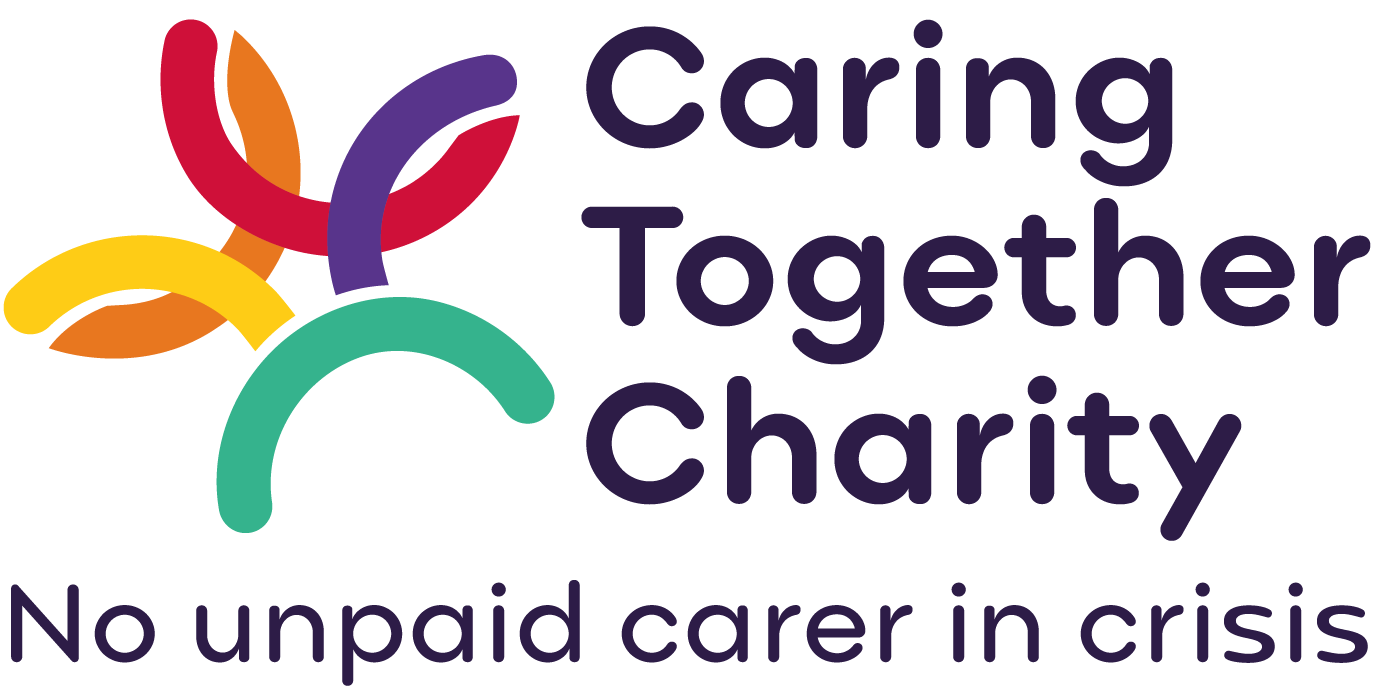 For a young person who has caring responsibilities, trying to transition to, through and beyond university, can be extremely challenging and for some a barrier.
For a young person who has caring responsibilities, trying to transition to, through and beyond university, can be extremely challenging and for some a barrier.
On University Mental Health Day, we asked 20-year-old Axel about coping as a young adult carer while studying away from home for a Special Educational Needs and Disabilities Studies degree. Axel’s Mum has a physical disability.
Does your university know that you are a young adult carer and have caring responsibilities that may affect your studies?
They should know because I am the university’s Students with Caring Responsibilities Officer. I hold regular drop-in sessions for sessions for students who have issues with their caring responsibilities, and I let them know what support networks are out there for them.
However, lot of people at university don’t even know what a young carer is. I remember talking to one of my lecturers about the issues carers face and he said, ‘what’s a young carer?’
I am working with a local carers charity to raise awareness of young carers at the university. It will be similar to the Carer Friendly Tick Award work that Caring Together does to help education settings support and identify young carers.
How have you found studying away from home and being a carer to your Mum?
 It has been difficult for me. I was planning to go to a university further away, but I thought I can’t risk going too far just in case Mum needs me.
It has been difficult for me. I was planning to go to a university further away, but I thought I can’t risk going too far just in case Mum needs me.
However, studying in the next county means I have that distance, but I am still close enough if she needs me.
It is hard for me, because when I was living at home, I would have been going to health appointments with her and would be kept in the loop, but now she doesn’t tell me anything anymore.
Then I go home and find out she has been struggling. I wish she would tell me because I could have helped her.
What are the difficult aspects of being at university?
One of the annoying parts of being a young adult carer but is also quite funny, is that I have carer brain. I am constantly thinking about the things I must do. For example, I am constantly picking things up and clearing up after people.
My friend just tells me to stop and turn off my carer brain for five minutes. It’s not that I am not enjoying myself it’s just my mindset, it’s my carer brain.
 Another tricky time was around a year ago, Mum’s arthritis was flaring up and she was on about eight different painkillers. I couldn’t be there to help her whereas before, on her worst days I would have helped her get dressed. I asked Mum if she wanted me to come home and she said no she was fine, but I knew she wasn’t.
Another tricky time was around a year ago, Mum’s arthritis was flaring up and she was on about eight different painkillers. I couldn’t be there to help her whereas before, on her worst days I would have helped her get dressed. I asked Mum if she wanted me to come home and she said no she was fine, but I knew she wasn’t.
It was a stressful time because I found it hard to focus on my degree, especially when I am studying special educational needs and disabilities. It’s difficult to focus on assignments when you have stuff going on at home that you are worried about.
It doesn’t help that some fellow students think I am lying about my caring responsibilities and that’s the reason I struggle to meet deadlines sometimes.
But I am lucky that Mum does have a personal assistant that comes in to help her several times a week.
A big issue is that the university will not allow you an extension or deferral on your work if you are a carer and the person you care for has to go into hospital, it has to be you that goes into hospital.
Plus, due to the style of teaching at the university, if I have to go home for a couple of weeks, I miss a module and it puts me behind.
What are the positive aspects of being at university?
I love the social aspect, it’s incredible and I’ve made incredible friends. I love it here!
What emotional and practical support have you received from Caring Together since you have been at university?
Caring Together is there for me when I need someone to talk to and feeling stressed. They helps me figure things out. It’s good to know I have that support network there.
I am a member of the Norfolk Young Carers Forum, which gives me a break from my caring role and an opportunity to get involved in raising awareness of young carers.
Overall, I love Caring Together!





